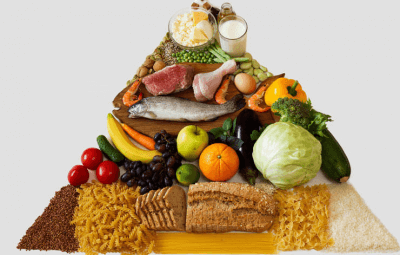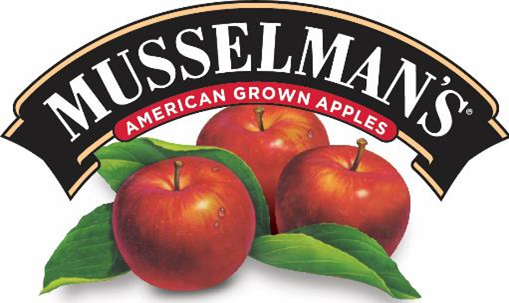
All food is made up of calories, but there are huge differences between how those calories are burned and the actual nutritional benefit of certain foods. For example, 500 calories worth of cake with sugary icing burns far differently than 500 calories of salad. Caloric density is very important, especially when planning meals and snacks for young athletes. Here are a few tips to make interpreting the world of nutrition for your active little ones a little ones!
- Start at the bottom. Ingredients in foods are located at the bottom of the nutrition label and the order of the ingredient list makes a huge impact. The first or second ingredients are the ones that the food is mostly made out of. When choosing cereal or granola bars, look for ones that have sugar listed at the end of the list, rather than at the top.
- Head back to the top. Check serving size. What seems like a ‘normal’ size bag of chips or crackers can actually be 2-3 servings and pack over 300 calories and 20 grams of fat!
- Check the vitamins. The average American child gets adequate amounts of vitamin A and vitamin C, but shortfall in the calcium and iron categories. Make choices that will help your family get the most nutritional bang for your buck. Choose cereals, orange juice, and snacks that are vitamin fortified.
- Eat mindfully. Yes, we all have to eat at our desks or in the car every once in a while, but try to take time to actually enjoy food more often. If you are rushing from school to soccer practice give yourself an extra five minutes so you can sit down on a bench at the fields and eat, or make it a picnic! Shoving in a sandwich in the car will mean that your brain will not actually recognize that you ate, and will just make you hungrier later.
- Don’t get into the habit of denial. Denial is not just a river in Egypt (insert bad joke groan here…) but a far bigger diet pitfall. Enjoy some chocolate, but keep it to a mini bar, or give your kids a small cookie, not one the size of their face. It is all about perspective!
- Hydrate! 8-8oz cups of water is standard, but very rarely can you get this without actually planning out water consumption. Stash bottles of water in your car, get your kids a reusable bottle with a cool design, and always serve water with meals- including breakfast!





